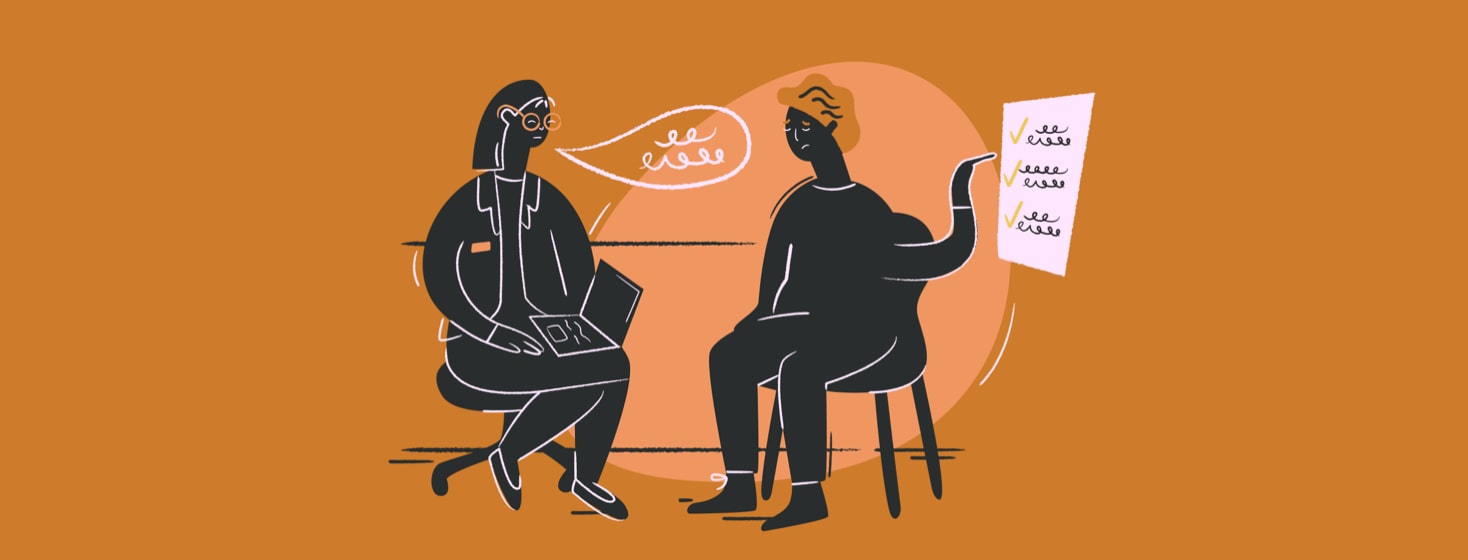What Are My Relapse Triggers?
Depression is a serious mental health illness affecting millions of people around the world. Many people with depression will have more than one depressive episode throughout their life. When the symptoms of depression come back after treating the first episode of depression, it is considered a recurrence or a depression relapse.1
It is estimated that about 50 percent of the people treated with depression will experience a relapse at come point.1
Recognizing depression relapse triggers
There is no way to know for sure if someone currently in treatment will face a relapse of depression later. But there may be warning signs that appear before a depressive episode. Knowing the warning signs can help you know when to seek help.1,2
For some people, the symptoms of depression begin to appear when certain situations happen. These situations that happen right before the symptoms appear are called relapse triggers. Everyone can have their own set of triggers. You can start to know your personal triggers by thinking about what was happening in your life when the symptoms of depression began. Here are some common triggers:2-4
- A high-stress or traumatic event
- Loss or grief
- A big life change, like giving birth or starting a new job
- Changing seasons
- Stopping medicine used to treat depression
- Bad sleep quality or lack of sleep
- Other health problems
Treatment for depression relapses
In case of a relapse, your doctor might advise you to restart medicine used to treat depression. They might give you a different kind of prescription drug or antidepressant. They might also suggest taking the medicine for a longer period of time. Along with prescription drugs, therapy can also be helpful.2,5
Preventing depression relapses
Creating a prevention plan is a proactive way to reduce the chances of a recurrence. This plan should include daily habits to maintain wellness and steps to take if you notice warning signs. Some things to include in a relapse prevention plan include:
Medication maintenance
When it comes to drugs used to treat depression, follow your doctor's suggestion. People who have experienced a few relapses might have to take medicine for a longer time period. Even people who continue treatment may experience a relapse. However, the chances of having a relapse are higher in people who stop taking depression medicine. A 2021 study showed that 56 percent of the people who stopped using antidepressants had a relapse. On the other hand, 39 percent of people who kept taking the medicine had a relapse.3,5
Therapy
Talking to a therapist can be useful even if you are currently feeling well. A therapist can help spot warning signs and triggers of depression early. They can also help you change negative thinking patterns. Problem-solving therapy that focuses on learning skills to deal with difficult situations can also be useful. This type of therapy teaches ways to deal with situations that may be triggers of depression for you.5
Physical health
Physical health is linked to our mental well-being. Taking care of your physical health can include eating well and exercising regularly. What you eat has an effect on your mood. Eating healthy foods could reduce your chances of a relapse. Similarly, regular exercise has a positive effect on mood and depression-related fatigue. You can choose any activity that you enjoy. The key is to do some physical activity regularly.2
Triggers
Keep a close eye on your triggers and warning signs. You can also make a follow-up appointment with a doctor. They can help identify symptoms of depression as soon as possible and come up with a treatment plan for your specific case.2,5
Self-care
It can be a good idea to make a list of things that make you feel better. This can include talking to friends and family or doing an activity you enjoy. Then, try to do a few of these activities on a regular basis.2
Many people who get treated with depression may experience another episode of depression. Knowing your personal triggers can help identify relapse early. Some people experience depression alongside other mental health conditions, such as anxiety. Your doctor and therapise can work with you to come up with a treatment plan. They can also help you come up with a relapse prevention plan to decrease the chances of another relapse.
